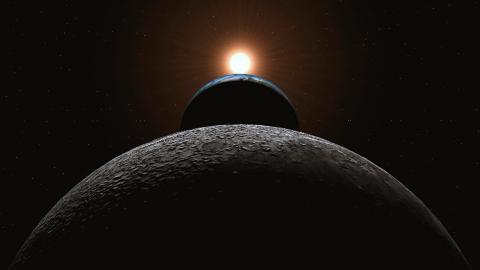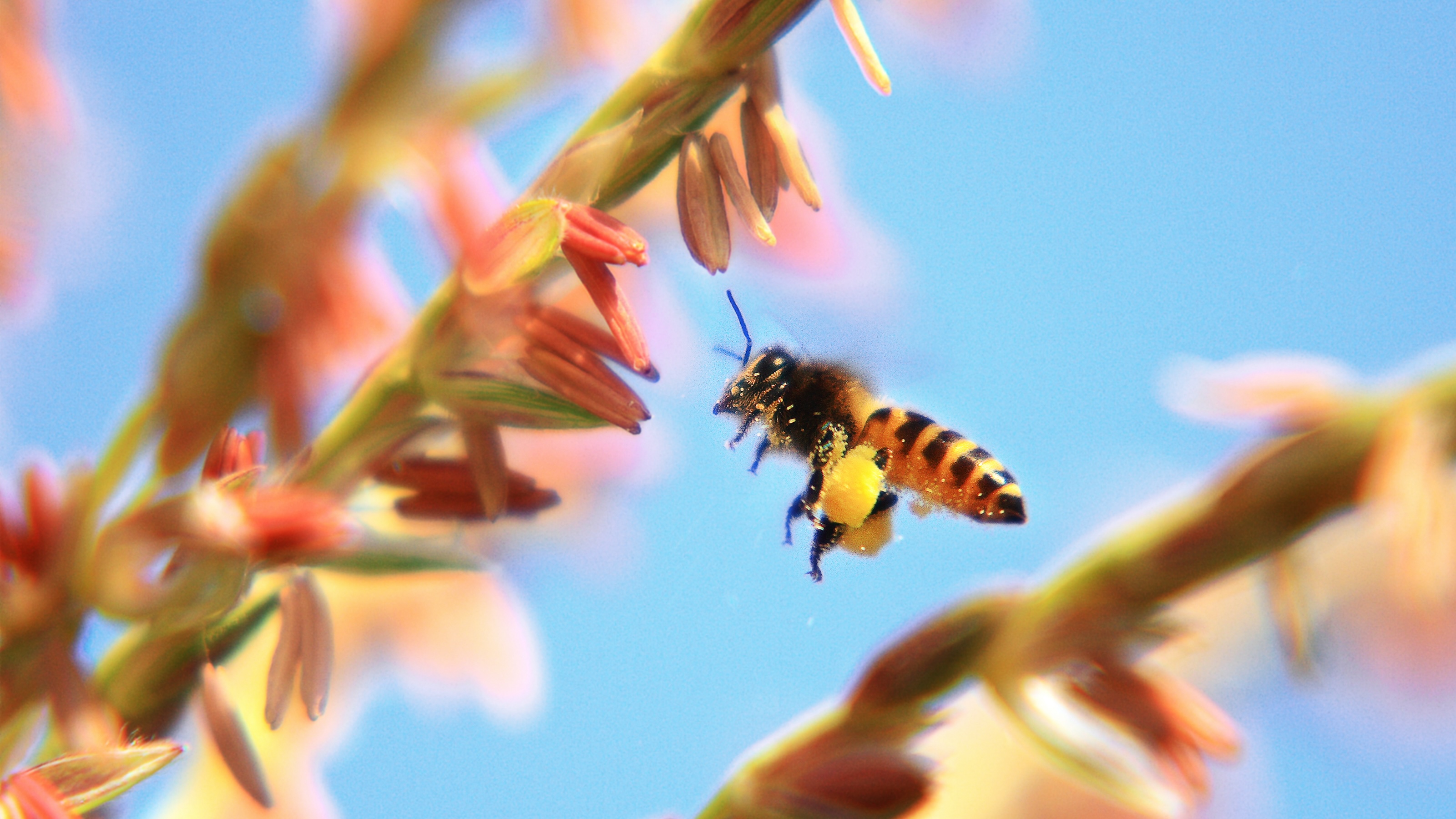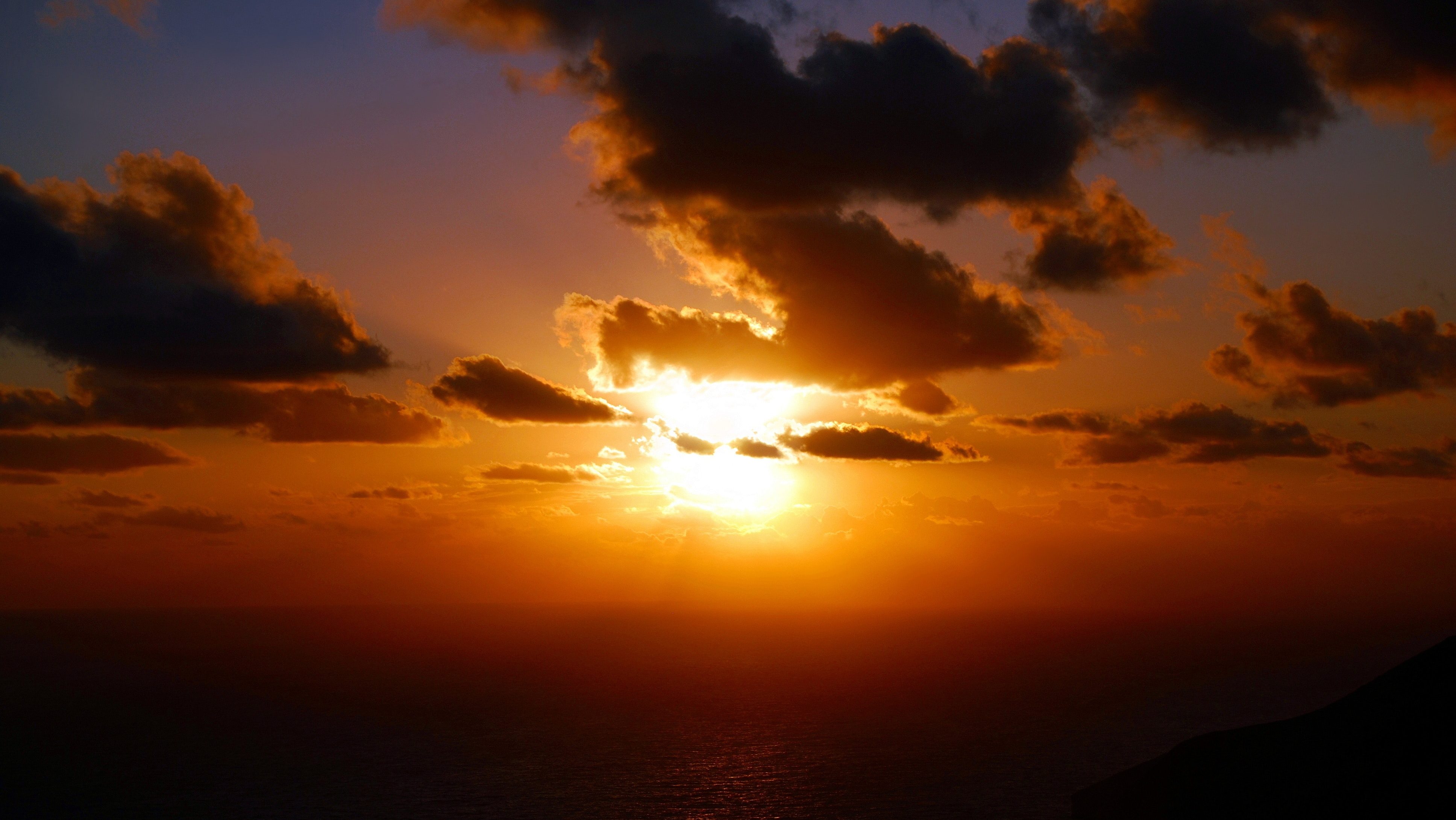Seeing Earth from space: How true awe changes you

One day in the 1970’s, philosopher and space writer Frank White was flying cross-country. Watching majestic mountains, bright cityscapes, and snaking rivers stream past, he was struck with an idea:
“I was looking out the window, and… the thought came to me: anyone living in a space settlement or living on the moon would always have an overview. They would see things that we know, but we don’t experience, which is that the Earth is one system; that we’re a part of that system; and that there’s a certain unity and coherence to it all.”
Of course, White had no evidence to back his speculation, so he decided to get in touch with the only people who could actually relate: space-faring astronauts. What they told White was very much in line with his theory. Seeing the Earth from space as a mere globe — one of trillions in the cosmos — against an endless ebony expanse bestrewn with twinkling stars leaves a lasting impression. It changes you.
OVERVIEW from Planetary Collective on Vimeo. According to neuroscientist Andrew Newberg, “The brain itself is capable of taking in the Overview Experience and converting such an overwhelming concept into our behaviors and thoughts. Individuals who have had the Overview experience feel a breaking down of boundaries and a sense of the interconnectedness and preciousness of the Earth and all those who live on it.”
After witnessing the Earth from space, NASA astronaut Ron Garan began to describe the planet as a “fragile oasis.” He insists that if you came across a vibrant oasis in an inhospitable desert, you wouldn’t trash it. You’d take care of it! In a vast universe that — to the best of our knowledge — is mostly a desolate place, unfriendly toward life as we know it, the Earth is truly a vibrant oasis.
When you see Earth from space, as “an oasis against the backdrop of Infinity,” it becomes abundantly clear how amazingly precious our “pale blue dot,” and all the life that dwells upon it, truly is.





